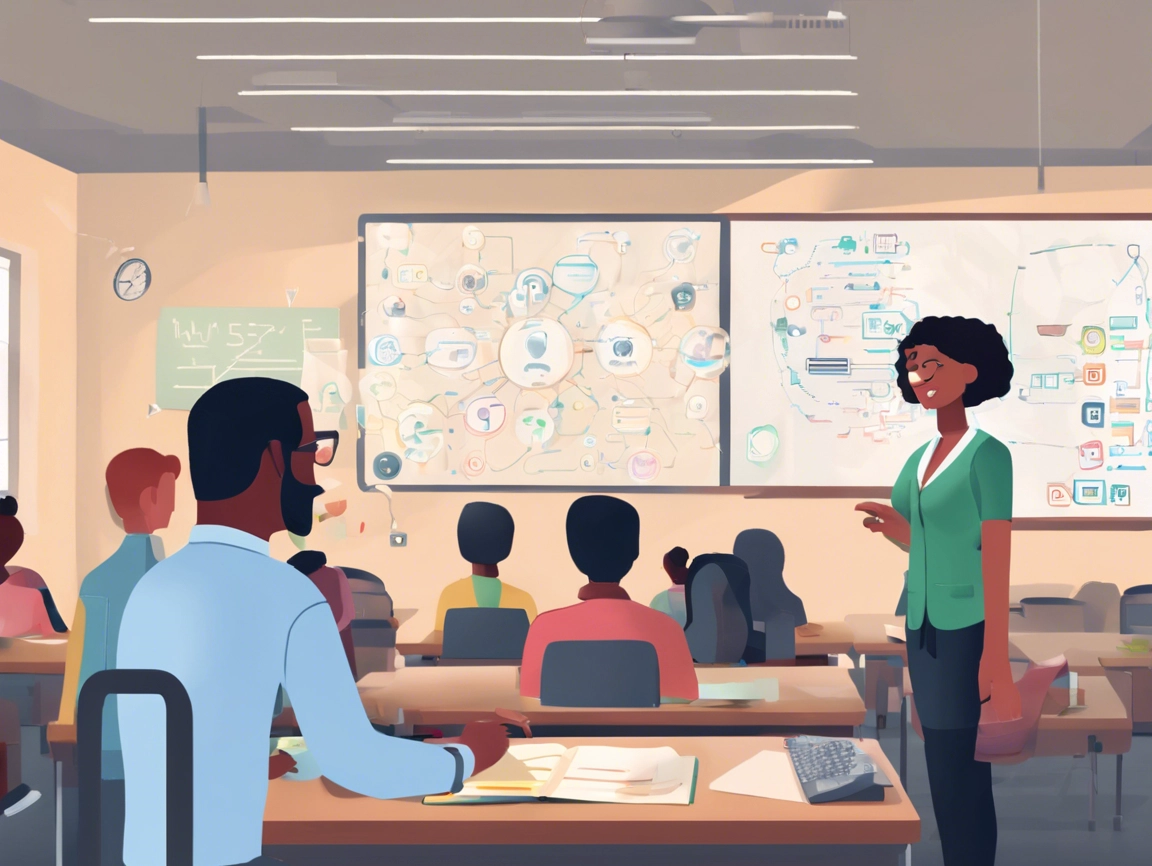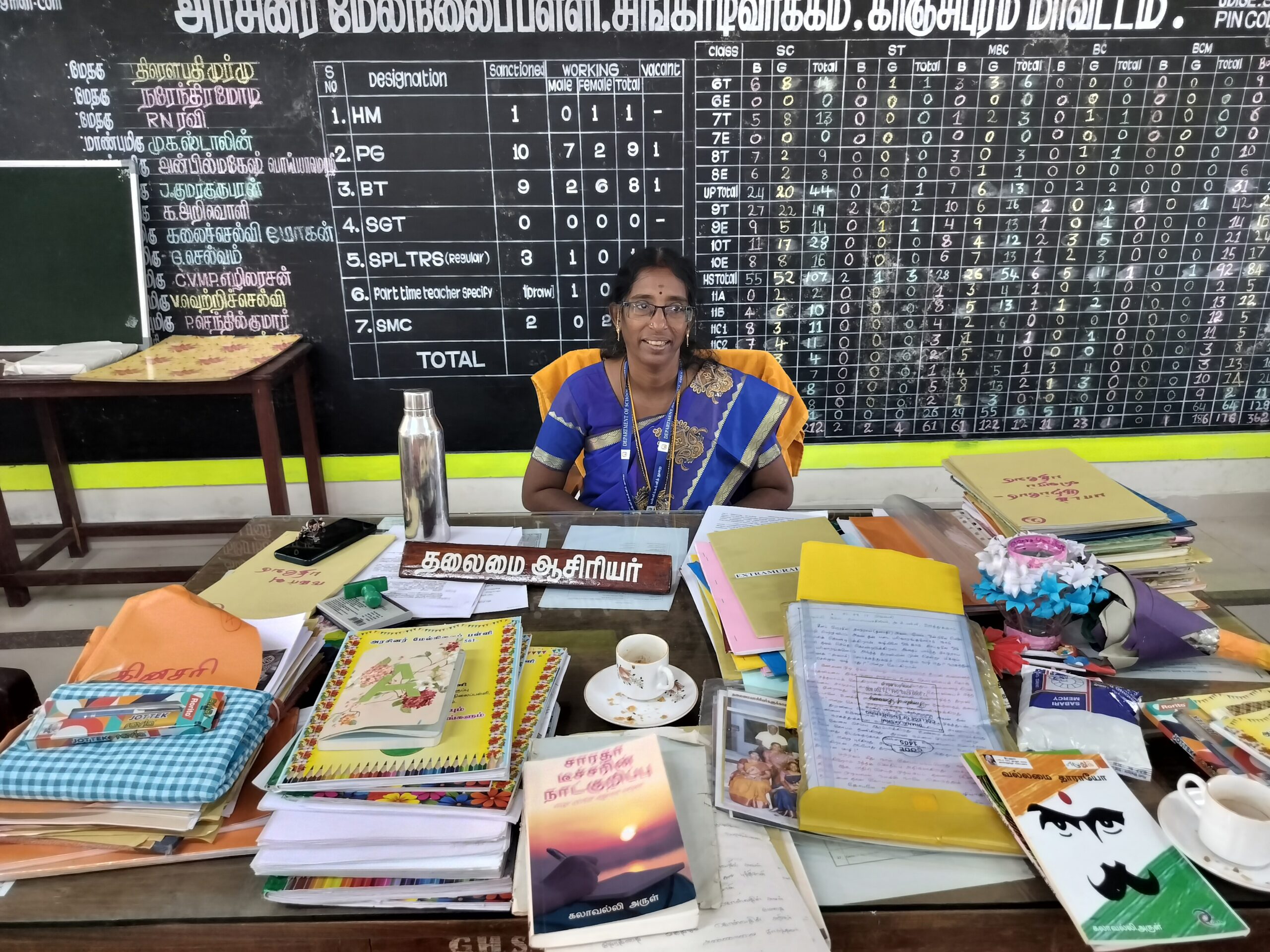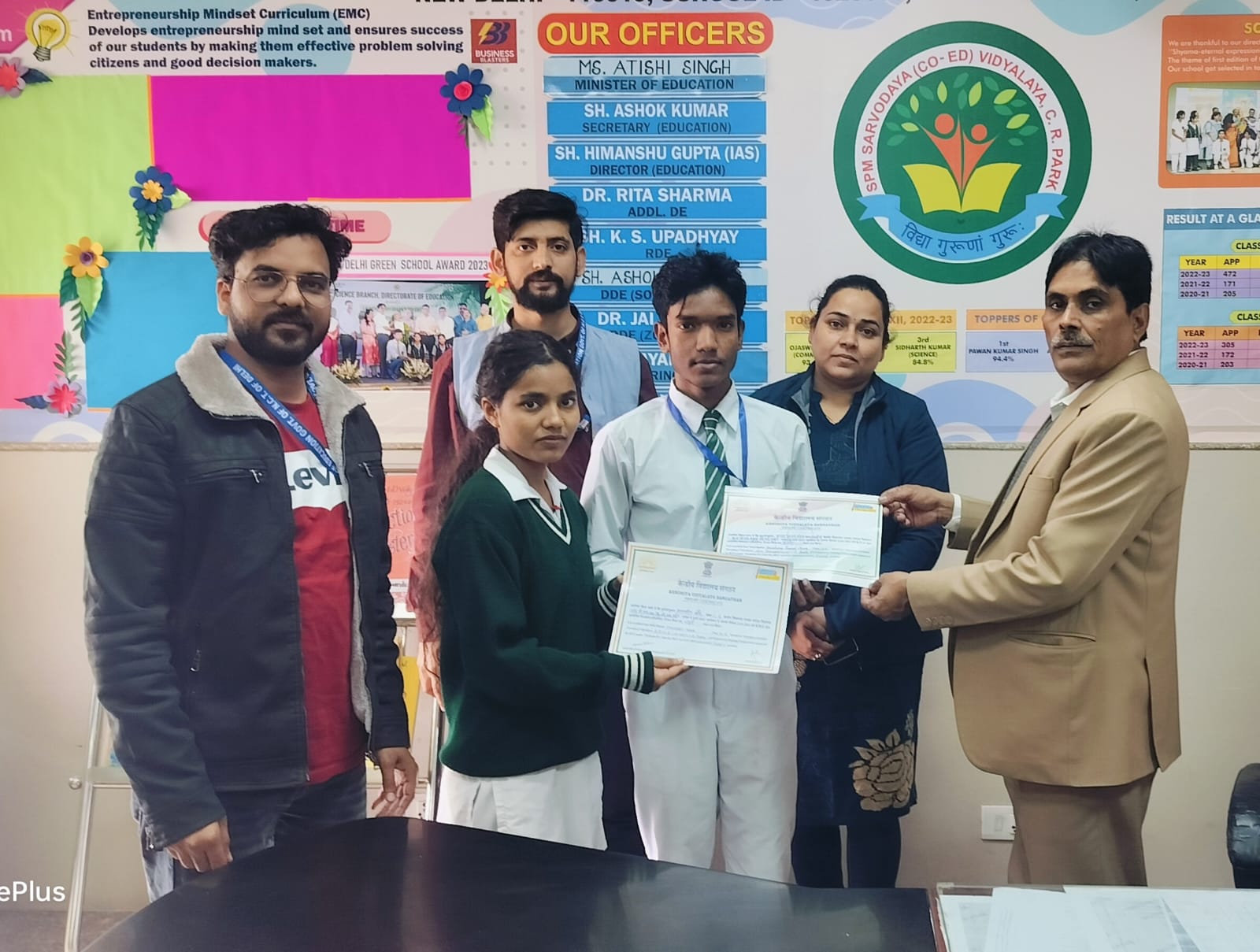Improving Teaching Through Peer Collaboration

I, Manisha Rani Verma have been teaching at GGSSS East Gokulpur School, Loni Road since 2009. I have been a Teacher Development Coordinator (TDC)* since 2017.
In my school, we share a good relationship with teachers, students, and Head of the School but it was not always this way. As teachers, we did not share a trusting relationship with our peers and students. We used to work in isolation and had no opportunity to discuss our classroom challenges with anyone. We had no one to support us in solving our problems or appreciate us for our efforts. This left us feeling very isolated and at times disengaged.
I feel the monthly meetings and weekly faculty meetings introduced by Centre for Intrinsic Motivation have really helped us to overcome our hesitation and engage in the academic part of our job. During such discussions, we find that most of us are facing similar problems and some of us have already tried out solutions. Such open discussions encourage us to talk to each other and seek help without any fear of criticism.
We discuss different teaching pedagogies and reflect on what they have been already doing, what went well, and what challenges they faced. For instance, I recall one teacher shared, “Earlier I found it so difficult to engage my students in class. But now the discussions gave me some ideas to effectively engage the children. I tried out group discussion and it really helped me to foster peer learning and strengthen the bond between the students.”
Sharing classroom practices during meetings encourages us to observe each other’s class occasionally. The thought, “I am a teacher. I know everything,” has now shifted to “My colleague taught this topic so effectively, let me observe her class once and see what she is doing differently.” The mindset of seeking solutions outside school shifted to reflect and collaboratively seek solutions inside the school.
The mindset shifted from, “The system is responsible for our problems and the system has to get solutions for us,” to “Let's try to brainstorm solutions collaboratively, and if nothing works, then seek support from officials.”
I came across a story that talked about a teacher who called students by name and how this helped create a bond between the teacher and the student. This was in stark contradiction with our practice of calling students “Hey, this girl in the fourth row”. It felt impossible to remember the name of so many students in so many classes. “How can we do this?”, we asked ourselves. Once the teachers collaboratively agreed that calling the names of students was essential to establish a bond with them, we just had to think of the solutions. That came in us all wearing name tags for two weeks. The problem was solved, and the students were empowered.
Personally, I used to feel that my role was confined only to my class but now in the role of a TDC, my leadership skills and communication skills have improved. Now, as and when required, I help my teachers in solving their problems. I remember how a new teacher struggled with classroom discipline. Students would not pay attention to her teaching and she had no clue how to deal with this situation. I suggested to her that she should devote 2-3 periods to observing the class of other teachers. At the end of the day, we sat together and reflected on her observation.
She shared, “I noticed that those teachers brought themselves to the level of the students and then taught them whereas I would go on teaching without noticing if my students are able to comprehend“. I suggested to her that for another one or two periods completely forget about teaching and plan some interesting activities and I will be there with you in the class. The next day she planned a group activity on the related topic. Children that day enjoyed her class. Children in that class were very active and she channeled their energy into some constructive activity.
These are encouraging and satisfying learnings for us as teachers. Through such collaboration with our peers, we feel supported and empowered. I’m grateful to Centre for Intrinsic Motivation for their support which has made a great difference to my school.
* The Teacher Development coordinator program is an initiative introduced by SCERT in the year 2017. As a part of this program one intrinsically motivated teacher who volunteers, is deployed as Teacher Development Coordinator (TDC) in all government schools under the Directorate of Education. The TDC provides academic support and encourages peer learning/collaboration among teachers.



